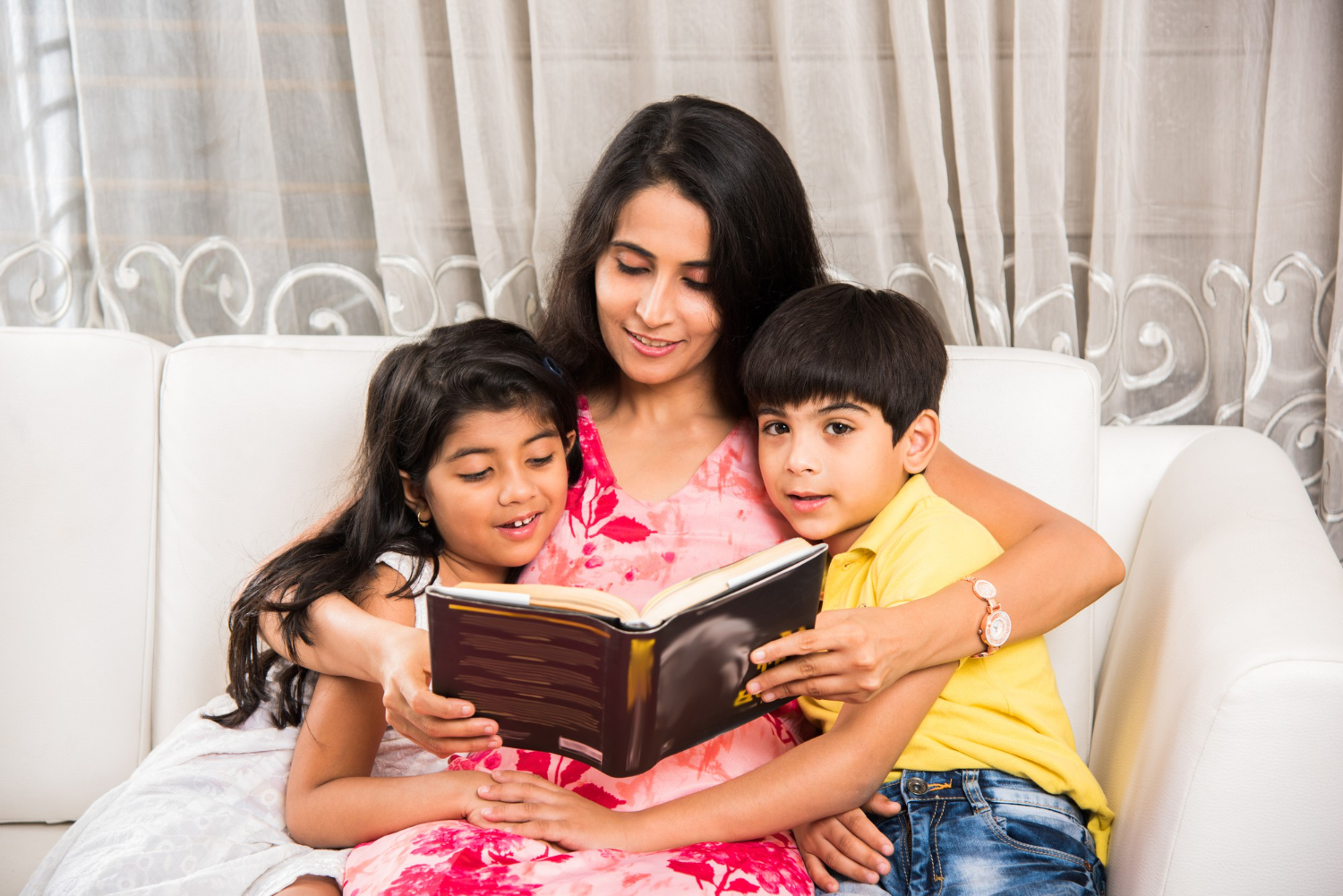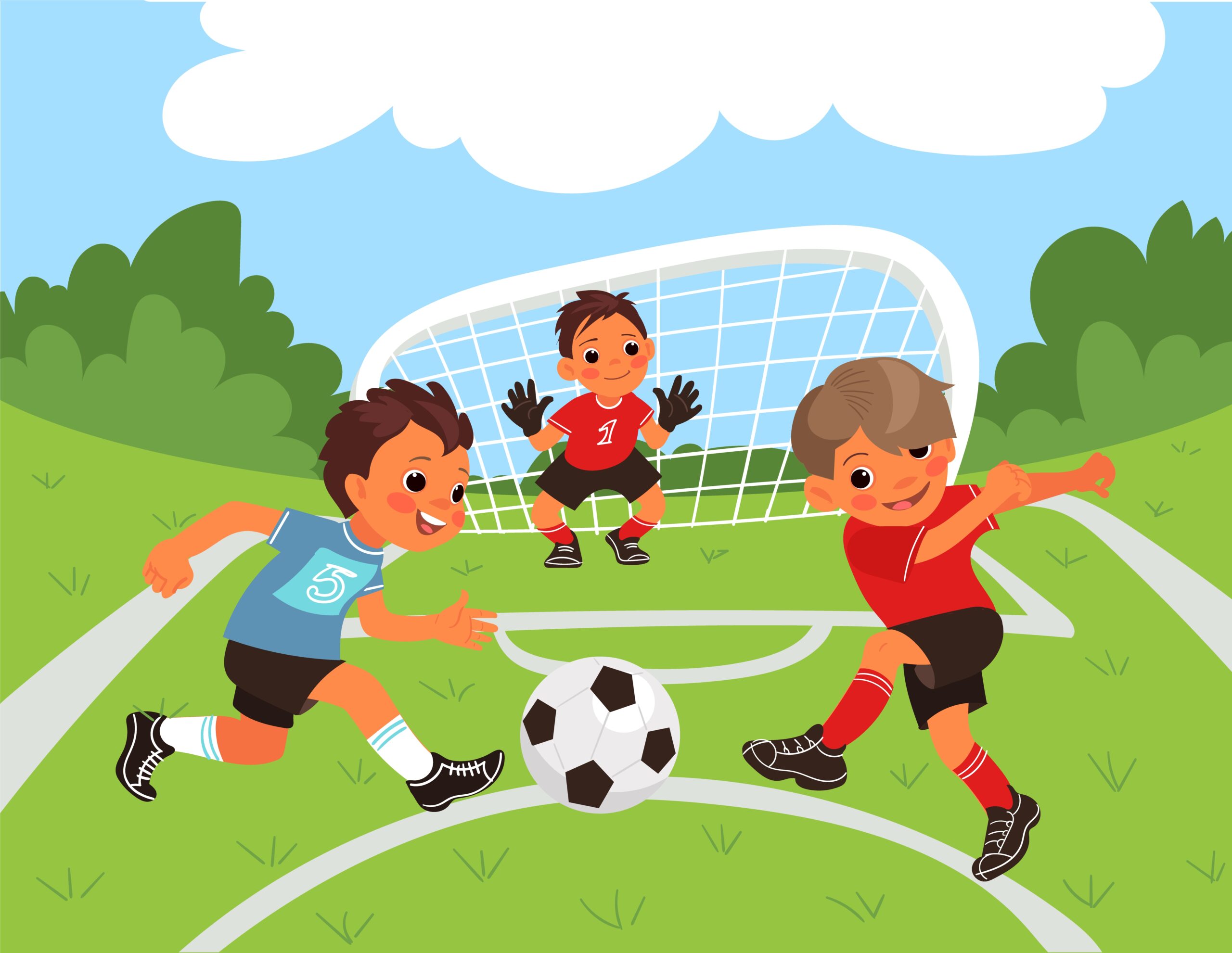Parental influence is the process by which parents’ actions, attitudes, and beliefs have an impact on their kids’ growth. Other factors, including genetics, social interactions, and school environment, can also influence a child’s development in addition to parental influence. However, a crucial component that can have a long-lasting effect on children’s development is parental involvement.
Also Read: How Parent Engagement Leads to Student Success
Parental influence on childhood development
Child development is greatly influenced by parental involvement in a variety of ways, including intellectual and social skills development, emotional health, and personality traits. The following are some areas where parental influence is seen to be crucial:
- Cognitive Development:
- Social Skills:
- Emotional Health:
- Self-Concept:
- Behaviour and Discipline:
- Physical Health and Lifestyle:
- Educational Aspirations and Achievements:
- Moral and Values Development:
Parents have a big impact on their kids’ intellectual development. This begins in the early years when a parent reads to, converses with, and engages with their child. These activities promote brain growth and lay the groundwork for education.
Parents serve as the primary role models for their children. Kids learn essential social skills by observing and interacting with their parents, like sharing, manners, and how to behave in different social situations. The social relationships parents have with others also provide a template for the child’s future relationships.
Parents contribute to their children’s emotional health in many ways. Their love, attention, understanding, and discipline all significantly affect the child’s emotional well-being. Parents can also teach coping skills and resilience, which can equip their children to deal with stress and adversity in the future.
Parents’ beliefs and attitudes towards their children significantly affect how children see themselves. If parents demonstrate that they value their children and have high but realistic expectations, children are likely to develop a positive self-concept and strong self-esteem.
Parental rules and discipline strategies affect children’s immediate behaviour and their understanding of right and wrong. Parental consistency in discipline is essential for children to learn what is expected of them and can lead to better behaviour in the long run.
Parents directly affect their children’s physical health by providing balanced meals, encouraging regular exercise, and ensuring appropriate sleep routines. Parents also model behaviours related to health and wellness, such as attitudes towards food and exercise, that children often adopt.
Parents’ attitudes towards education can influence a child’s academic performance and aspirations. Parents who are involved in their children’s education and express the value of learning tend to raise children who perform better academically and have higher educational aspirations.
Parents play a vital role in instilling moral and ethical values in their children. This can be done through direct teaching, modelling appropriate behaviour, and creating an environment that encourages honesty, responsibility, and respect for others.
It’s important to remember that parenting styles and family dynamics can vary significantly, and these differences can also affect child development. Furthermore, children’s development is influenced by a range of factors beyond parents, including genetics, peer influence, schools, and community environments. But overall, the influence of parents is paramount in shaping the child’s personality and future.
Also Read: 10 Ways to Maintain a Healthy Relationship with Children
Parenting styles influence child development
Parenting styles play a critical role in child development. In psychology, there are typically four main types of parenting styles that have been identified by psychologist Diana Baumrind. These are authoritative, authoritarian, permissive, and neglectful (or uninvolved). Each of these styles can have different impacts on a child’s development.
- Authoritative Parenting:
- Authoritarian Parenting:
- Permissive Parenting:
- Neglectful (Uninvolved) Parenting:
This style is characterised by high expectations of children but with a warm, nurturing approach. Parents are attentive, forgiving, teach their kids to be responsible, and encourage them to express their opinions. Children raised by authoritative parents tend to have high self-esteem, be self-reliant, socially accepted, perform well in school, and exhibit good psychological adjustment and lower levels of depression and anxiety.
This style is characterised by strict rules and high expectations, but with little to no warmth and flexibility. Communication is mainly one way – from parent to child. These parents can be highly critical and may not respond well to their child’s needs. Children of authoritarian parents may be obedient and proficient, but they’re also likely to have lower self-esteem, poorer social skills, and higher levels of depression and anxiety.
Permissive parents set few rules or expectations and tend to be warm and indulgent but not demanding. They often take on more of a friend role than a parent role. They’re non-traditional and lenient, do not require mature behaviour, allow considerable self-regulation, and avoid confrontation. Children raised by permissive parents might struggle academically and may exhibit behavioural problems. They might also have higher rates of substance use and other risky behaviours. However, they tend to have higher self-esteem, better social skills, and lower levels of depression.
This style is characterised by few demands, low responsiveness, and little communication. These parents fulfil the child’s basic needs but are generally detached from their child’s life. Children with this type of upbringing exhibit the worst outcomes, having problems across the board, such as attachment issues, low self-esteem, higher rates of substance use, and poorer physical health.
Remember, these categories serve as a guide and many parents may not fit neatly into one single style. Parenting is often a mix of styles and depends on the parent’s culture, situation, personality, and the child’s behaviour.
Also Read: What is Helicopter Parenting?
Moreover, outcomes associated with parenting styles are tendencies rather than guarantees. The relationship between parenting styles and child development is complex and influenced by many factors, including a child’s own temperament, their other environments (e.g., school, community), and their relationships with peers.
EuroSchool believes that parental involvement is essential for child development. By offering a variety of initiatives and encouraging parents to be involved in their children’s education, we are helping to create a positive and supportive learning environment for all students.











